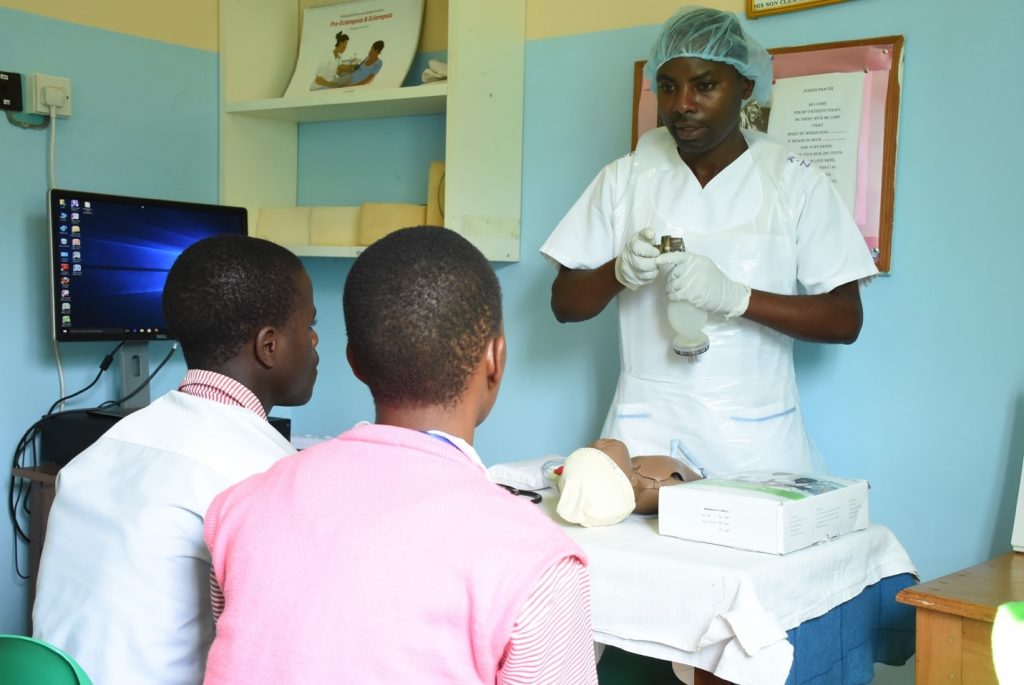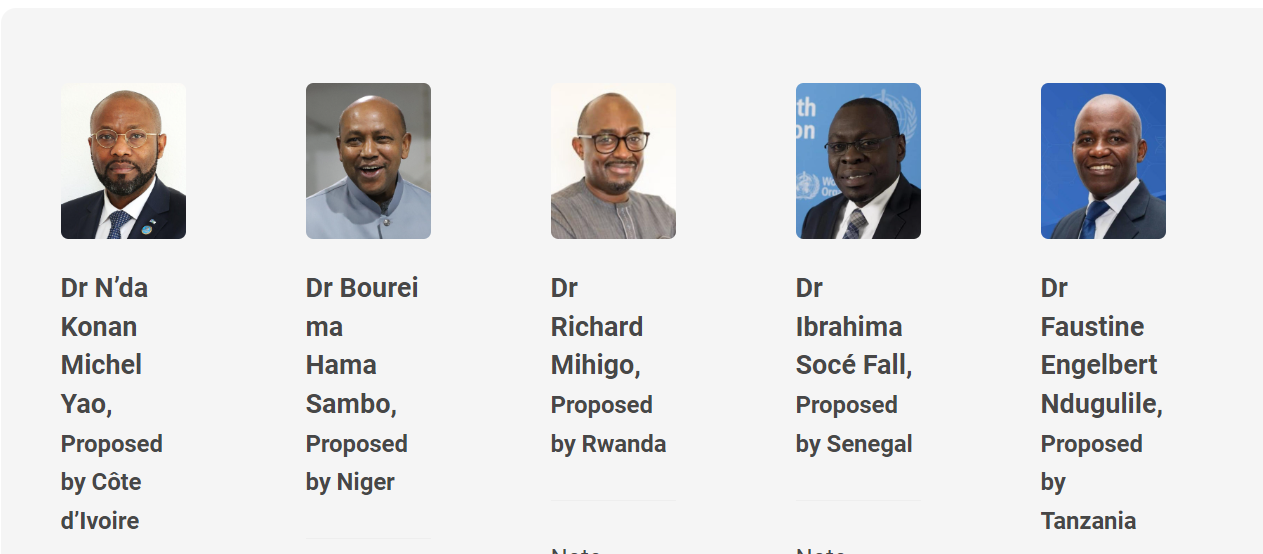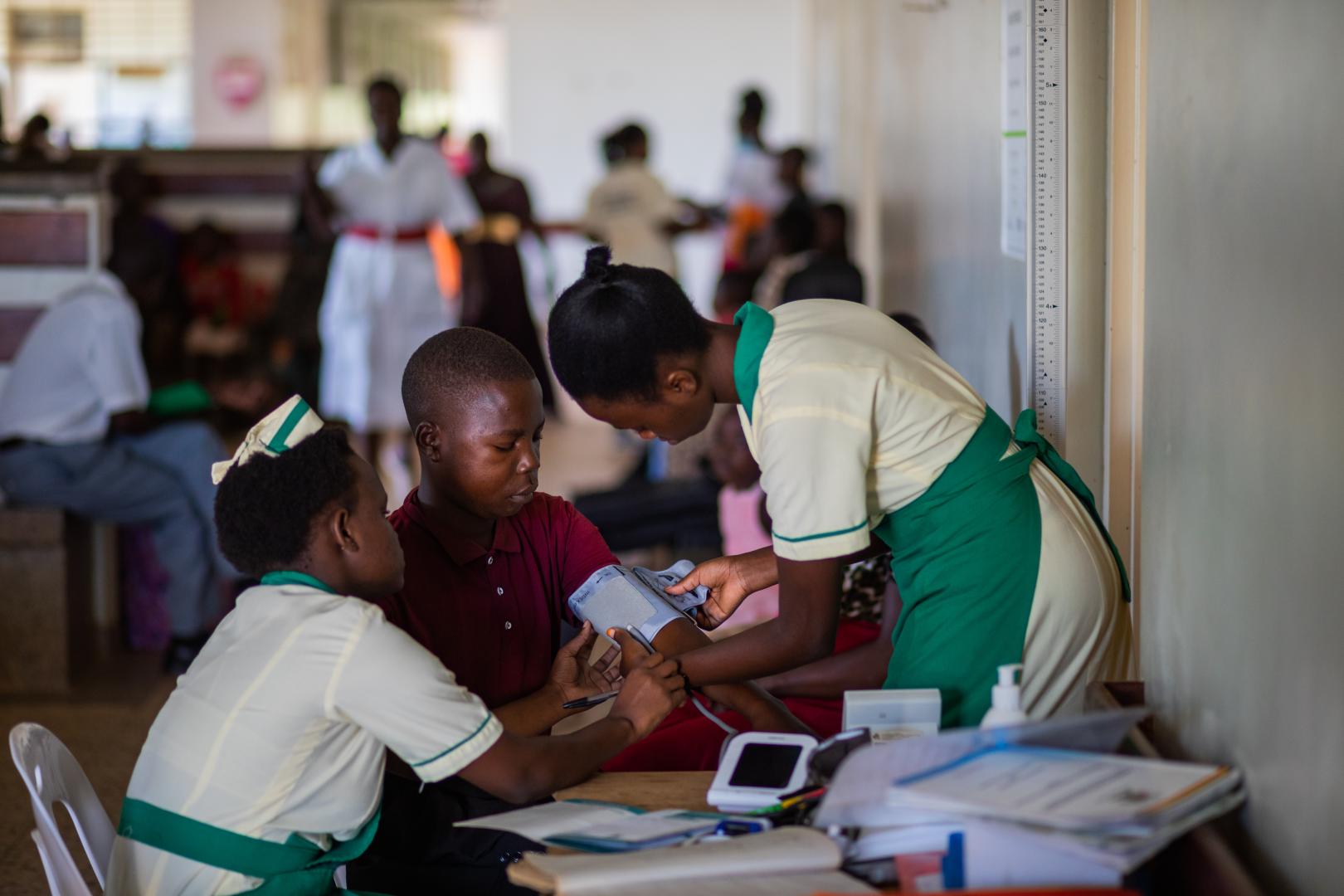- Thousands of graduates in certain health cadres remain unemployed
- Economy is changing but that’s not reflected in training programmes: expert
- Training colleges urged to focus on programs with a high demand in the market
Healthcare training colleges have been challenged to adjust their priorities in enrollment and curricula to address the growing unemployment rate among graduates in certain health cadres.
Dr. Fadhili Lyimo, Deputy Director of Training at the Ministry of Health has expressed concern over the surplus of graduates with diplomas and degrees in nursing, midwifery, clinical medicine, and pharmacy.
Speaking at the 10th graduation ceremony of the Sengerema Health Training Institute in Mwanza Region, Dr. Lyimo proposed that healthcare training colleges reduce enrollment numbers in programmes with high unemployment rates and instead focus on training professionals in areas with a greater demand.
The unemployment crisis persists among graduates in the health sector, despite government efforts to create job opportunities both domestically and abroad.
“It would be appropriate for colleges to consider reducing production in [programmes] with many graduates…”, said Dr Lyimo, calling on the colleges to increase courses which produce professionals in line with the needs of the sector, instead of continuing with courses that have already populated professionals who ultimately end up becoming jobless.
The shift in focus, he argued, would better prepare graduates for the job market and contribute to the overall health sector’s needs.
He outlined some of the areas experiencing serious shortages, including ophthalmology, radiology that requires technicians, occupational therapy, nutrition therapy, and mental health which needs more specialists.
Others, he said, include vision correction specialists, dental practitioners, physiotherapy, psychological therapy, as well as theater and anesthesia professionals.
Overall gap
Tanzania’s health sector is facing a 52% shortage of staff yet thousands of graduates remain unemployed. Health system experts have, in the past, pointed out the need for curricula improvement to match with the job market.
“The economy is changing but our curricula are not doing the same to meet the consumer demands,” said Dr.Nathanael Sirili, a Health Systems researcher at Muhimbili University of Health and Allied Sciences(MUHAS).
Speaking on a different occasion, he explained that the speed of economic transformation and that of training reforms do not match.
Last week, President Samia Suluhu Hassan was addressing a summit in Dar es Salaam to commemorate the legacy of former President Benjamin Mkapa where she directed the Ministry of Health to conduct a national survey to assess the current status of health professionals in the job market.
She said the survey will focus on understanding the health workforce outside medical centers and in the broader job market.
She further directed that professional council meetings be convened to discuss how to integrate the external workforce and address the country’s current healthcare needs.
She also asked the Ministry of Foreign Affairs and East African Cooperation to develop a health diplomacy strategy to secure advanced training opportunities for health sector employees at international health science universities.
“This initiative aims to engage these institutions and seek opportunities such as scholarships or affordable training programs,” said President Hassan.









